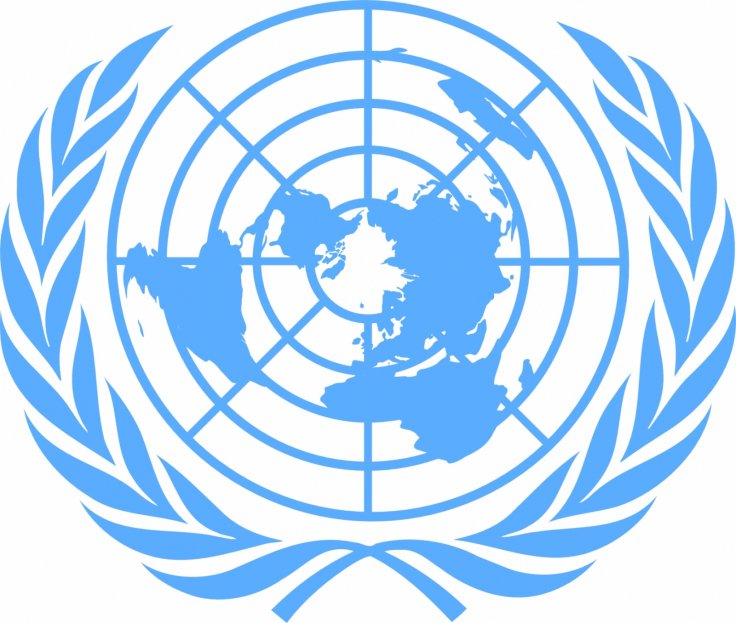The humanitarian situation in Libya could turn into a disaster if hostilities erupt over the coastal city of Sirte, the UN has warned. "The UN remains concerned about a possible humanitarian disaster should the continued escalation and mobilization around Sirte lead to military operations," Xinhua news agency quoted Stephane Dujarric, spokesman for UN Secretary-General Antonio Guterres, as saying on Monday.
"The lives of more than 125,000 people in and around Sirte remain at great risk." On August 21, Guterres welcomed a call from both sides in the Libyan conflict for a ceasefire and an end to hostilities. However, reports said Gen. Khalifa Haftar, commander of the Tobruk-allied Libyan National Army, has rejected the ceasefire plea.
"It is clearly extremely important that all the parties involved work on the same basis, and that is for a cease-fire, cessation of military activities, for the good of the Libyan people themselves," Dujarric told the regular, virtual briefing on Monday.

Dealing With Multiple Crises
Libya is also dealing with those fleeing other African countries attempting to reach Europe from its shores by boat amid the COVID-19 crisis, he said. Migrants, refugees and asylum seekers continue to attempt to cross the Mediterranean, at great risk to their lives, the spokesman said.
Last week, at least 45 people, including five children, drowned in the worst shipwreck this year when the vessel's engine exploded off the coast of Zwara. With more than 11,000 COVID-19 cases and nearly 200 deaths, the disease continues to increase exponentially, he said.
Confirmed cases are now higher in the west, particularly around Tripoli, the seat of the internationally recognized government, and Misrata. However, a larger proportion of the people in the south have also been affected.
UN's Humanitarian Assistance
Capacity for testing, tracing and treatment remains extremely low across the country and there are shortages of equipment and supplies in all parts of the country, and access for aid workers continues to be a challenge, Dujarric said.
Despite the problems, the UN and partners have reached more than 243,000 people with humanitarian assistance since the beginning of the year, including 66,000 internally displaced people and 58,000 migrants and refugees, he said. Fuel shortages and electricity cuts of more than 18 hours a day are making living conditions even worse. Health facilities have also suffered from electricity cuts, forcing some to temporarily suspend operations, said the spokesman.








